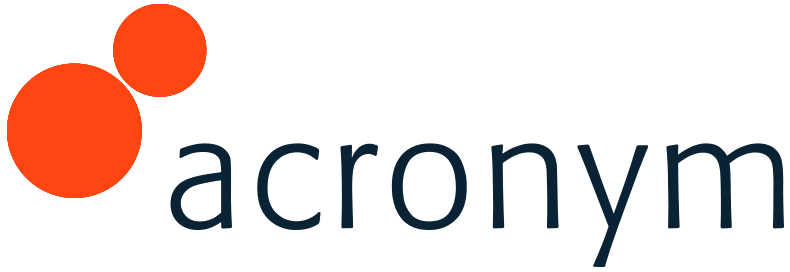Digital ad costs are increasing, and the online ad marketplace is becoming more saturated.
Advertisers are starting to consider diversifying their search spend away from Google. Platforms like Bing and TikTok now present search ad options beyond Google, but it seems that many advertisers are not yet willing to spend on those options, at least not until they prove to be brand safe and scalable enough to work with or in place of Google.
Google Remains Number One, For Now
Google is still the go-to search engine for most people, but the way people look for information on the internet is changing, popularizing new ways to search beyond Google. With the emergence of other search ad options, there are more unknowns in terms of brand safety, success metrics, and scale.
Advertisers are now left with experimentation to determine which platform is best for their ad spend. Additionally, as economic uncertainty looms, there may be less willingness to dedicate spend to experimental channels beyond testing and learning. While there is more excitement surrounding the future of search advertising, the bulk of search ad spend will likely continue to flow to Google for now.
This year, Google is expected to account for more than half of U.S. search ad revenues, according to eMarketer. Reports indicate that retail clients are diverting 30% of their ad budgets to paid search. But with rising CPCs, the increasingly saturated digital ad marketplace, and its crop of new entrants into the search ad space, marketers say they’re considering these new options.
Of course, savvy marketers will always pursue audiences on platforms where they spend the most time. The key is to enter emerging spaces and platforms early enough to gain a competitive advantage and tap into growing audiences with potentially lower ad costs. However, predicting whether audiences will stick around is challenging as online consumption habits tend to shift frequently.
Diversification in search
Enter Microsoft and TikTok.
Earlier this month, Microsoft announced its buzzy new ChatGPT-powered Bing search engine, which could stand to become a competitor to Google Search. With the integration of AI, Bing stands to become a more conversational search engine, where users can ask questions as opposed to keyword searches.
Despite this, the way people search for information is changing. Traditionally, Google was the primary search engine, but search is now fragmented as TikTok and YouTube are used as search platforms for video tutorials, while Reddit and Amazon are go-to sources for product information. Additionally, Microsoft’s new ChatGPT and AI-powered search functionality facilitates more nuanced conversations instead of one-way searches. With several ways to find brands and products, advertisers are reassessing the implications of the future of search on advertising.
And social media’s current favorite, TikTok, has picked up over the last few months. While its search ads are seen as mostly an experimental marketing channel to reach Gen Z consumers, media buyers and agency execs expect it to become a focal point later this year.
If you need assistance leveraging the ever-changing digital landscape for search, social or other performance media, please contact us today. We’re here to help.







